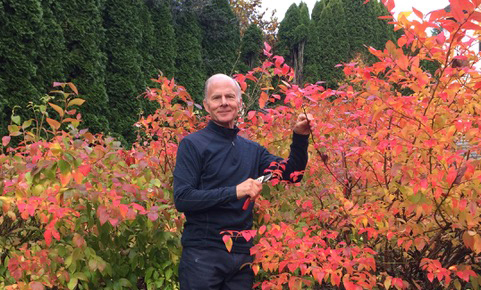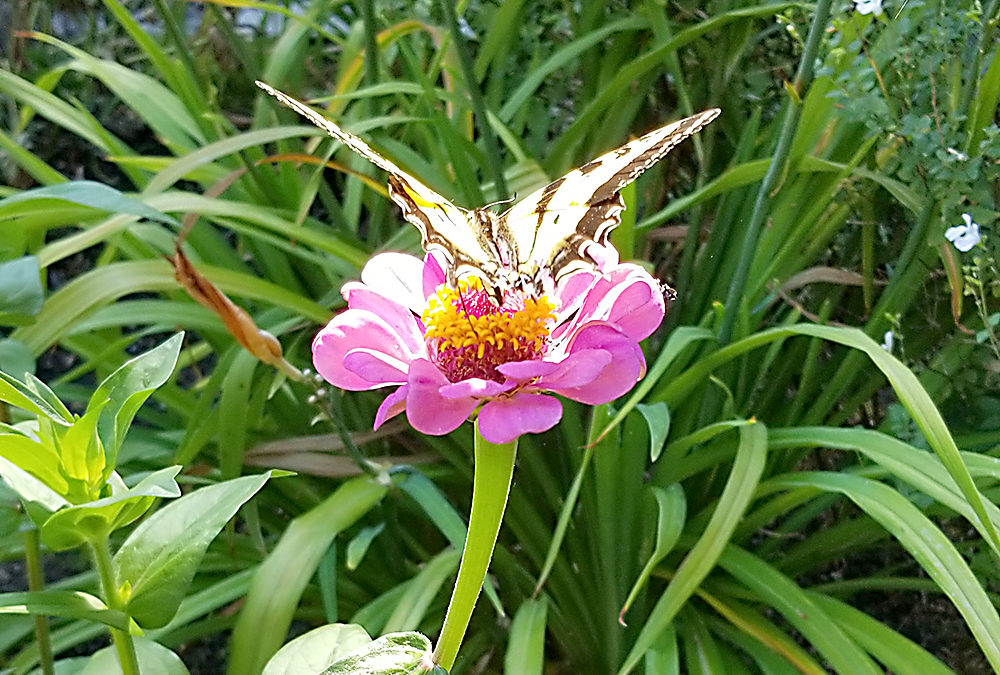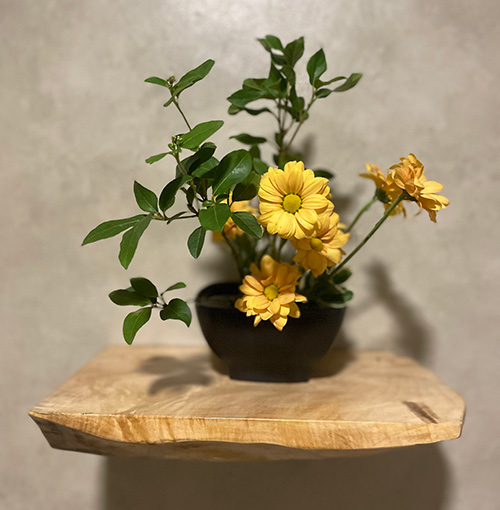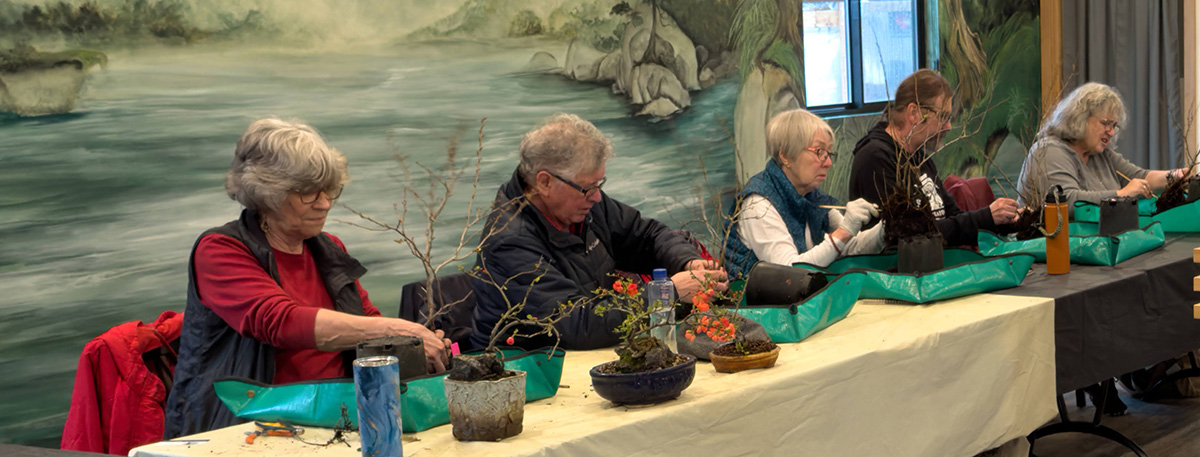
Organic Vegetable Gardening: A Beginner’s Guide
Organic Vegetable Gardening Beginner’s Tips
Organic vegetable gardens take sustainability up a notch by focusing on all-natural, organic, sustainable means of gardening. Here are some tips to note to jumpstart your organic garden.
- Choose a place that gets 8 hours of sun a day.
Most fast-growing vegetables need full sun access for 8 hours a day. When choosing the plot for your organic vegetable garden, make sure the location allows at least 6 to 8 hours of sun a day.
- Choose a small plot of land.
If you have a lot of room to spare, you may be tempted to start with a large plot, but 100 square feet is already enough. The reason for this is to make sure your crops don’t get overrun by weeds.
- Make sure you start with good and healthy soil.
Good soil can be made by adding a few inches of quality compost on the top while keeping it moist. Soil is the foundation of gardening, which should be prioritized in gardening.
- Buy plants as a beginner and sow seeds as you progress.
It’s easier to start with plants as a beginner instead of sowing seeds. Certain plants are available at $1 to $3.
- Use liquid fertilizers to start your organic vegetable garden.
Fertilized soil takes time, and using liquid fertilizer is faster and beneficial at the same time. Some gardeners recommend ocean water and seaweed fertilizer as natural liquid fertilizers.
- Water seeded areas daily.
A newly seeded vegetable garden has to be watered regularly. It may be challenging to keep up with watering habits, but it is crucial to your garden’s survival.
Want more gardening tips and hacks? Our friends from Garden Simply would be happy to help. Go to www.gardensimply.com
The Benefits Of An Organic Garden
Going organic even in gardening provides many benefits for the garden, the gardener, and the environment. All it takes is a conscious choice to choose sustainability over an easy and fast process.
- Organic fruits and vegetables are more delicious.
Fruits and vegetables harvested from an organic garden don’t look as appealing and uniform as supermarket produce but they are arguably better.
- Organic fruits and vegetables are healthier.
The use of chemicals compromises the quality of fruits and vegetables. They may appear bigger, but they don’t have the same high content of vitamins and minerals as organic produce.
- Growing an organic garden helps save money.
Organic produce bought in a farmer’s market or specialty food stores costs higher than those bought at the supermarket. Growing your organic garden is more affordable and accessible.
- Organic gardening preserves the environment.
Organic gardening affects communities on a large scale by relieving landfills and preventing animals and birds from consuming toxins from chemicals.
Conclusion
An organic vegetable garden is beneficial and fulfilling. The pursuit for sustainability starts with us, through our choices, and in our homes. And now that gardening is becoming more popular, we should decide to do it the right way.



